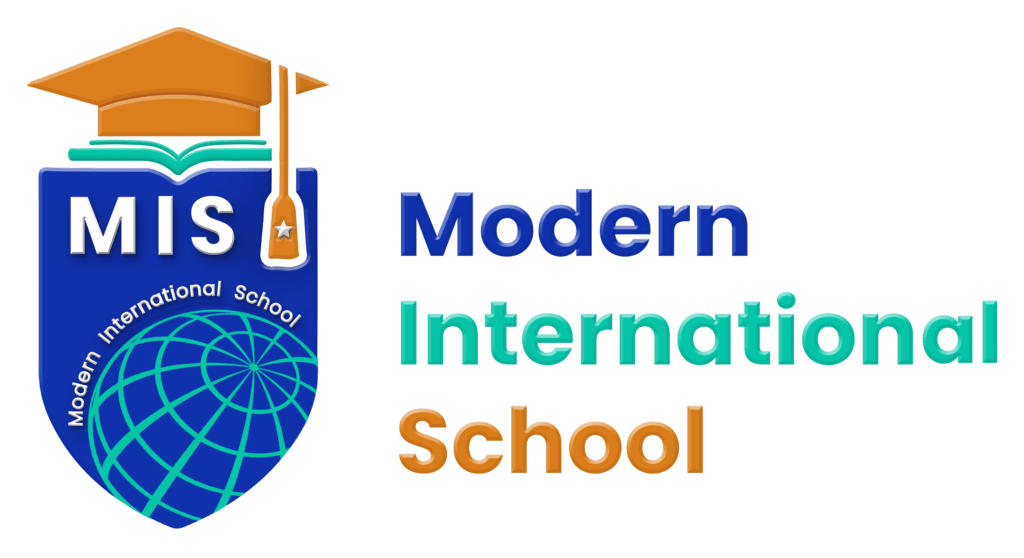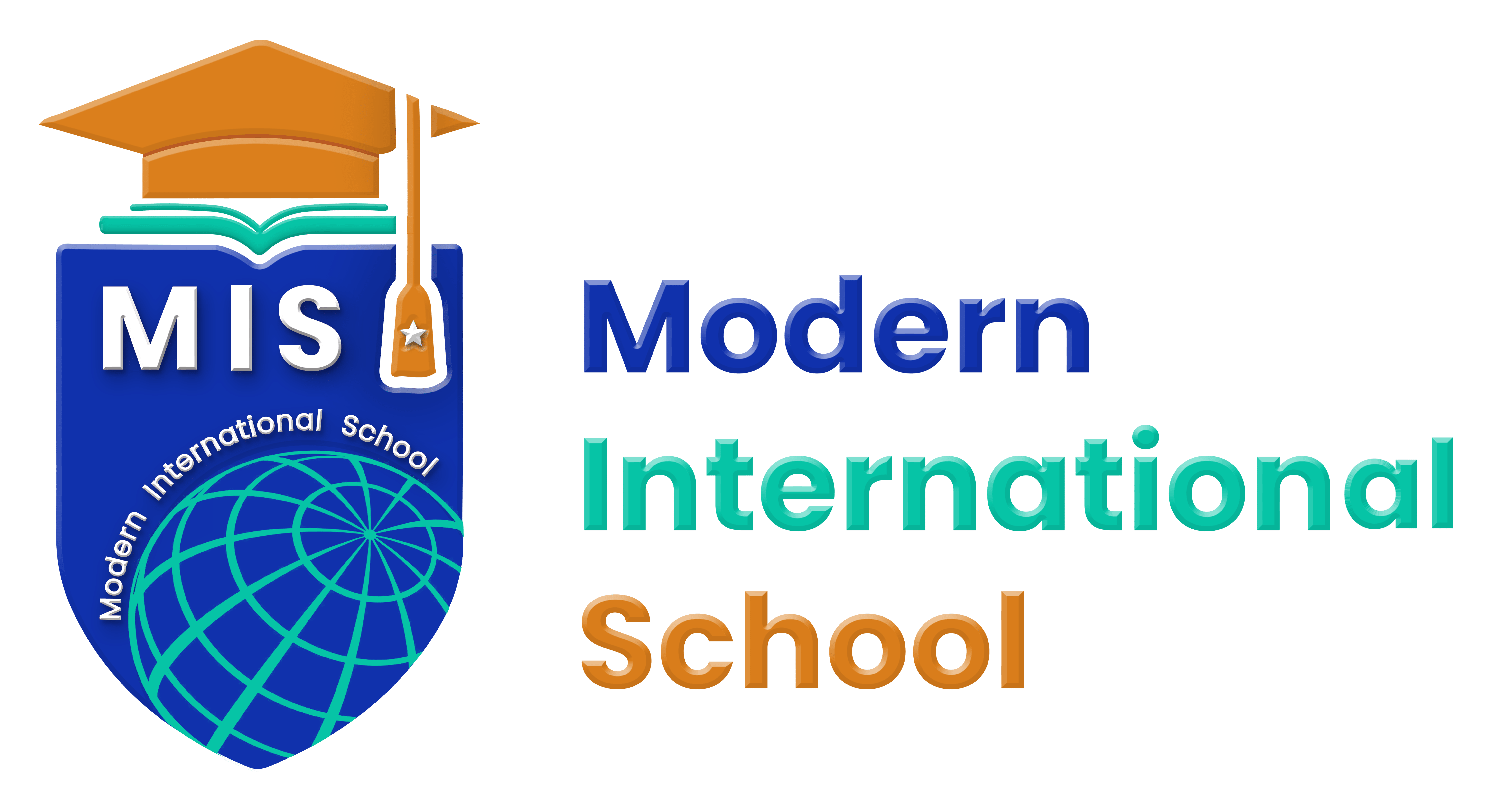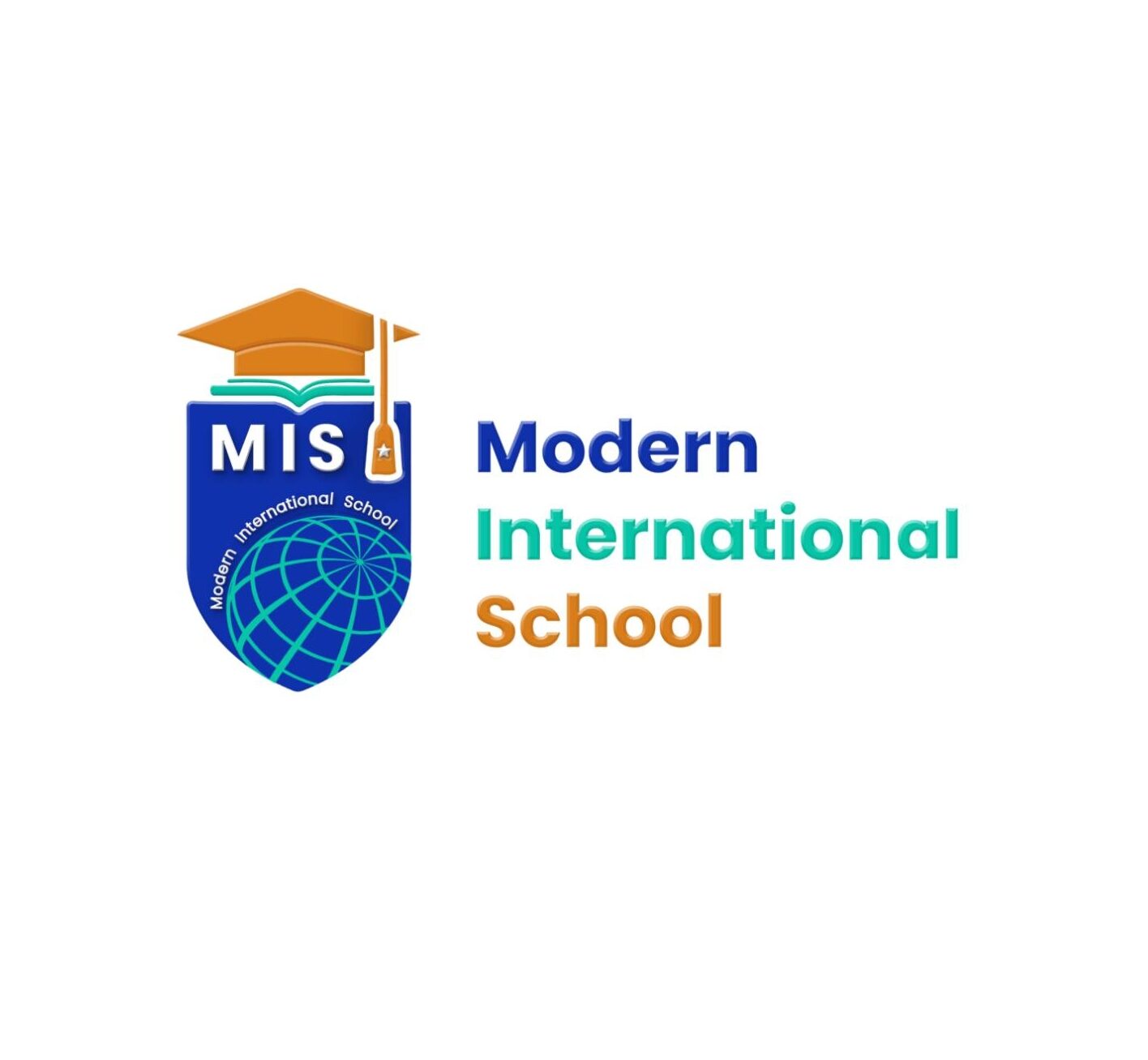.
MIS: Modern International School
Montessori kindergarten and primary International Private School in Tangier
At the MIS school, we deploy a multitude of pedagogical tools by following a very precise program to develop these skills.
In addition, workshops (positive education, non-violent communication, emotion management…) are organized by Faïza TALEB for the parents of the students so that these skills continue to be transmitted outside the school as well.
The skills developed at MIS are as follows:
- Autonomy
- Perseverance
- Decision-making and initiative
- Memory
- Listening skills
- Curiosity and open-mindedness
- Imagination and creativity
- Emotional and stress management
- Concentration and attention

Curiosity and open-mindedness
Curiosity and open-mindedness are essential for learning and progress. Without curiosity, there is no particular interest in anything, and thus no learning is possible. Without an open mind, there is no desire for evolution, and therefore no progress can occur.
At MIS, we cultivate curiosity in our students and encourage them to have an open mind. We inspire them to learn new things, such as reading, writing, counting, speaking English and Spanish, and mastering musical instruments. We also foster an interest in art and cultures different from their own and encourage travel.
In other words, we help our students build bridges to the outside world and develop a passion for lifelong learning.
Imagination and creativity
Curiosity and imagination are closely linked. The greater the curiosity in a child, the greater their imagination. The more imagination they have, the more interesting and extensive their creativity becomes.
At MIS, we understand the importance of developing our students’ personalities, imaginations, and creativity. We provide various workshops and games to facilitate this development. Through these activities, our students learn to express their emotions, fears, and questions. These workshops and games help our students develop their imaginations and become more creative.
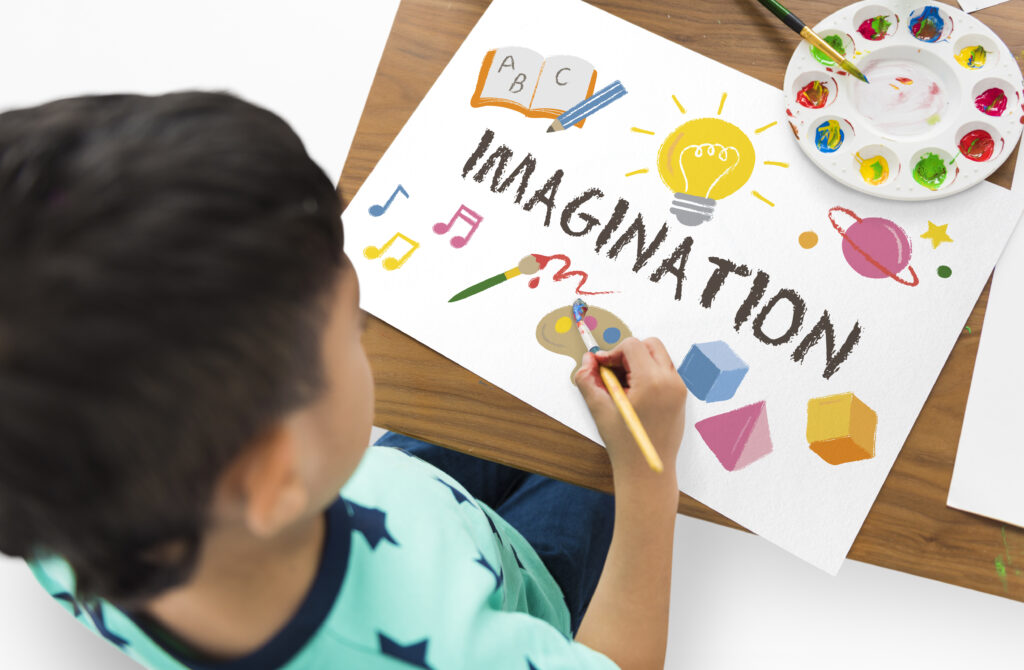
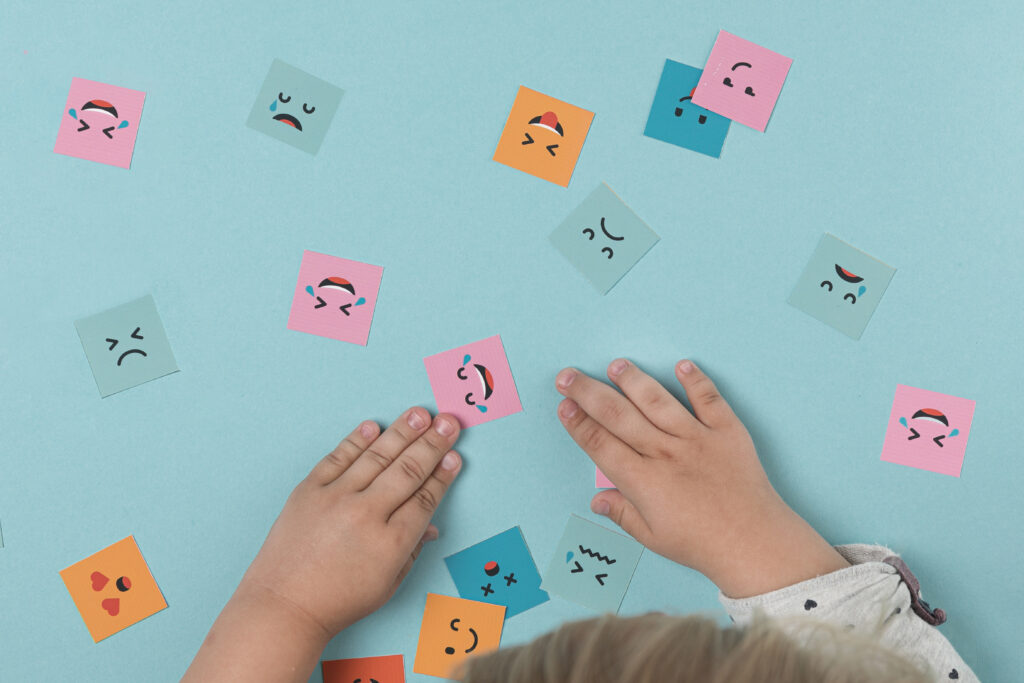
Emotional and stress management,
Emotional and stress management is essential for a student’s overall well-being.
A student who knows how to manage their stress and emotions (emotionality, sensitivity, fear, confidence in others, and ease in public speaking) will feel more serene in front of others and have more confidence in themselves.
Our self-confidence determines the quality of our relationships with others, and it is closely linked to our well-being. At MIS, we believe in the “feel good, look good” approach, which emphasizes the importance of internal emotional management to create a sense of well-being.
We prepare our students to handle life’s obstacles and hazards smoothly by teaching them how to manage their emotions effectively.
In summary, at MIS, our students learn the importance of emotional and stress management for their overall well-being.
Concentration and attention
For the accomplishment of any task and any learning, concentrations, as well as the attention that one pays to what one is doing, are among the keys to success.
Without attention, there is no real interest in the activity in question.
Without concentration, there is no long-term memory.
During the year, we develop concentration and attention: two different but complementary notions that are necessary throughout our lives.
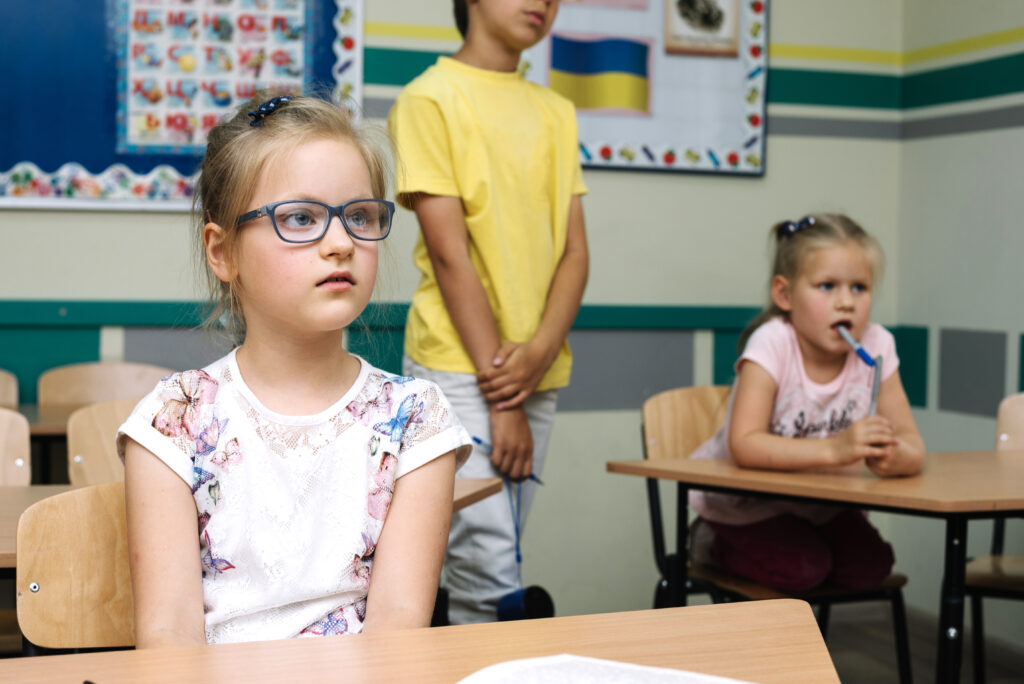
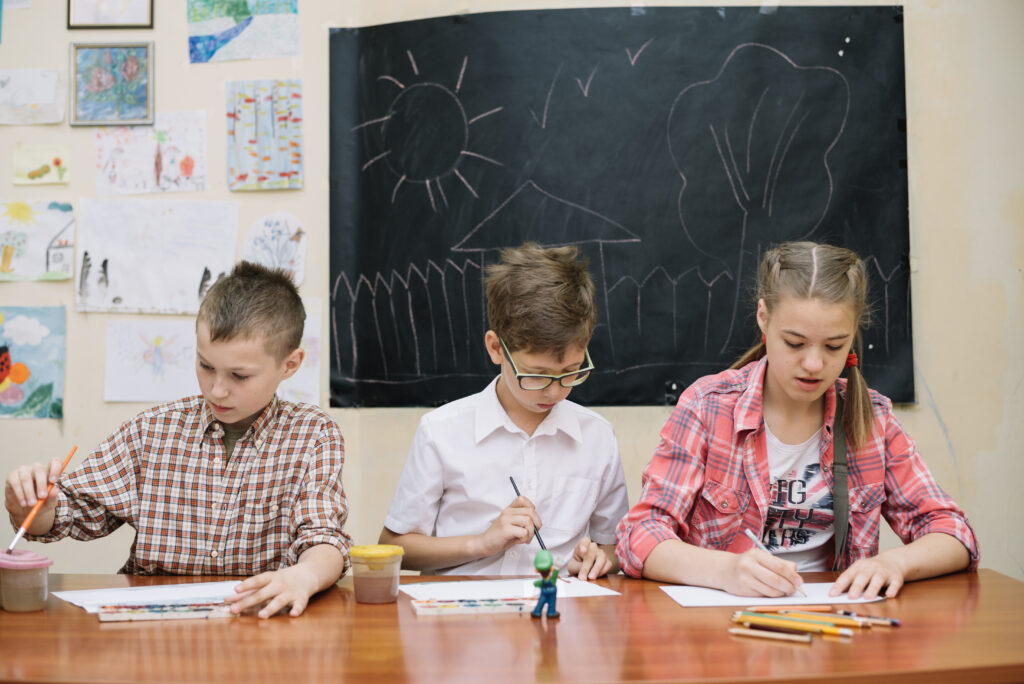
Autonomy
Autonomy is an essential life skill: we are left to our own devices sooner or later, and it is better to be well-prepared.
Sooner or later, our students will be left to their own devices in life, so it’s best to prepare them well to better face it with autonomy! At MIS, thanks to our different activities and games, we develop autonomy in students step by step; we help them to “do it alone.”
This learning becomes operational as soon as the student enters the school.
Also, in collaboration with the parents, they apply our methods even at home.
Perseverance
In our personal and professional lives, without perseverance, we are helpless. Perseverance allows you to do everything you can to reach a set goal.
If you want to learn a new language or a musical instrument, you have to be persistent; it’s the only way.
At MIS, we teach our students the importance of effort, of completing a task, and of being 100% focused on what they are doing at the time they are doing it.
Perseverance is essential to getting ahead in life!
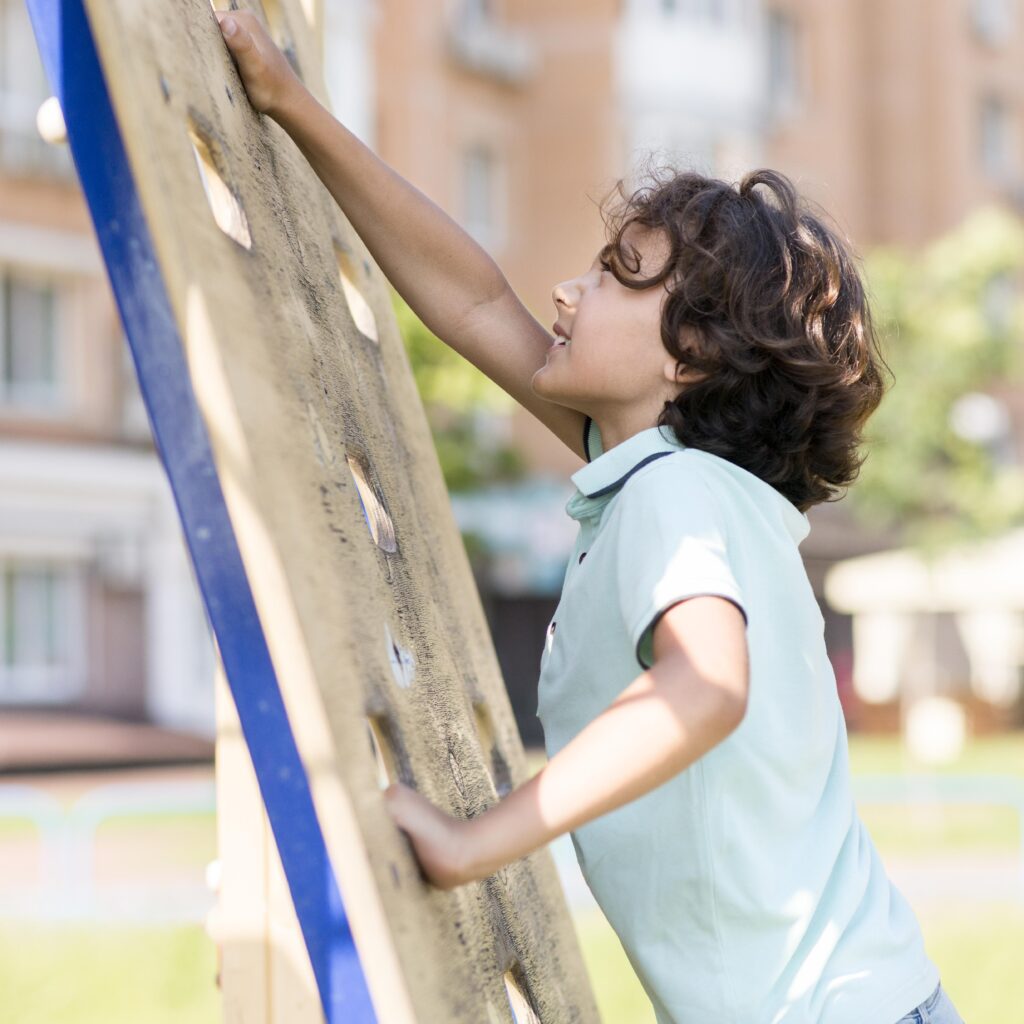

Decision-making and initiative
In adult life, we spend our time making decisions and taking initiatives, whether in the professional or personal sphere, whether they are trivial or major: Which menu to choose at the restaurant? Where to go on vacation? In which school should I enroll my children? Should I take this job?
Every day, we encounter young people and adults who have difficulty making decisions or taking the initiative to do something.
At MIS, it is essential for us to prepare our students from a young age to be able to make decisions without causing them stress, to ultimately feel comfortable with the choice they make, and to stick to it.
Even in their school life, our students take initiatives, propose actions, and participate in decisions concerning their class.
Memory
Memory plays an essential role in our students’ learning process. It allows them to learn, fix their knowledge, and remember it all their lives.
It is very important to cultivate, train, and take care of your memory throughout your life, starting at a very young age.
At MIS, we use several tools and activities with our students to improve working memory, short memory, and long memory.
We train the entire memory process, from the input of auditory or visual information to its retrieval, including planning and organizing the storage.
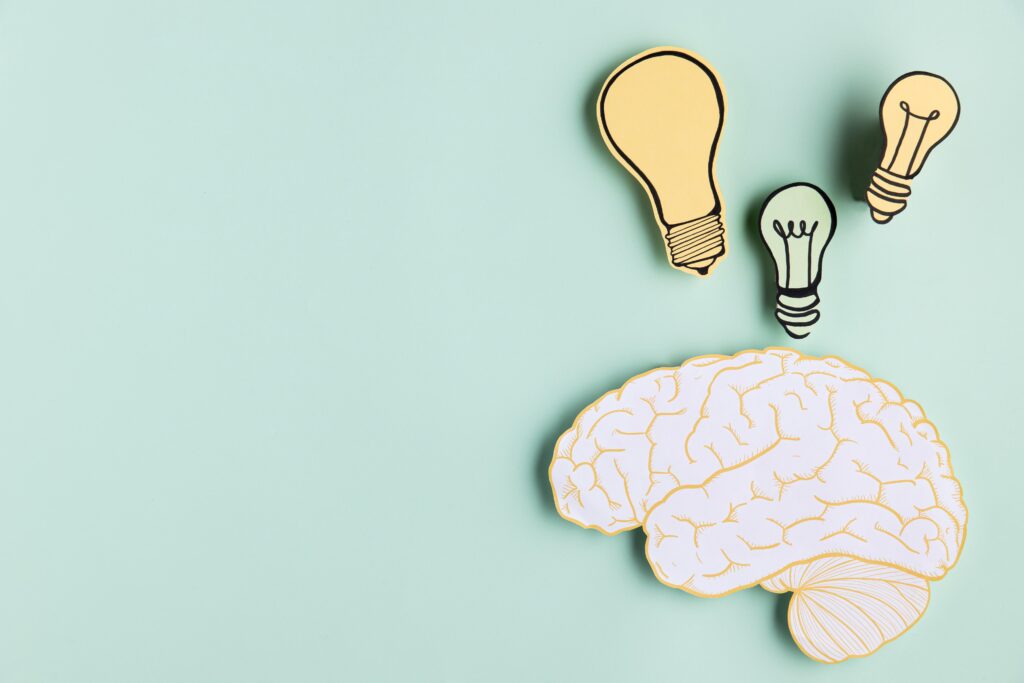
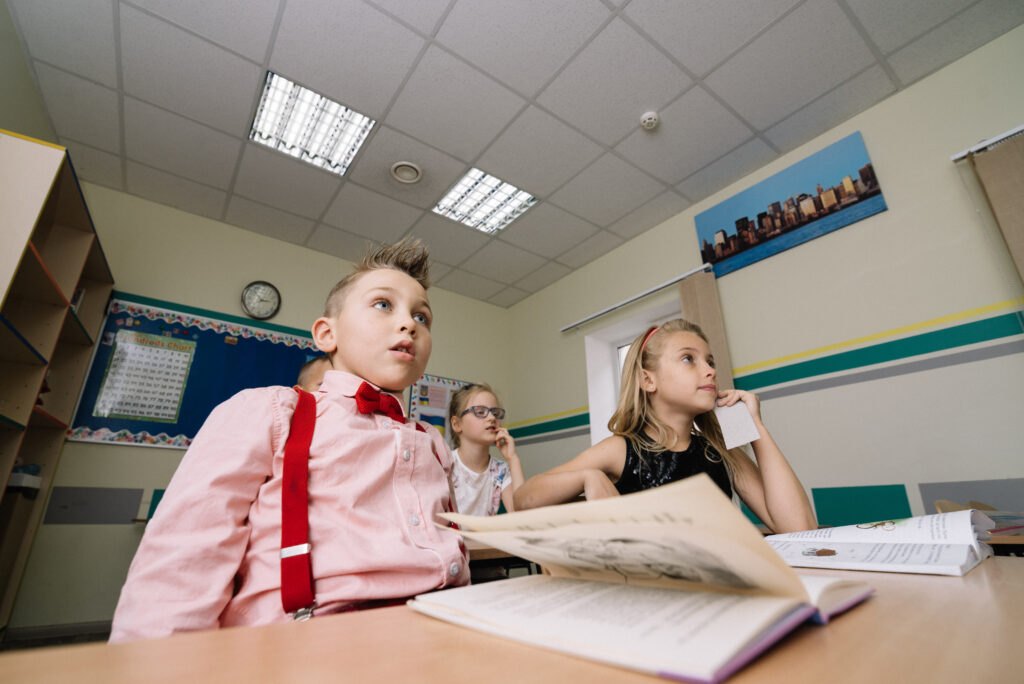
Listening skills
Listening is not only essential for developing quality relationships with others, but also for understanding what is happening around us.
At our school, we constantly teach our students how to be active and intelligent listeners.
In other words, we teach them to hear, analyze what they hear, take the time to think about an appropriate response, and know how to respond rationally.
